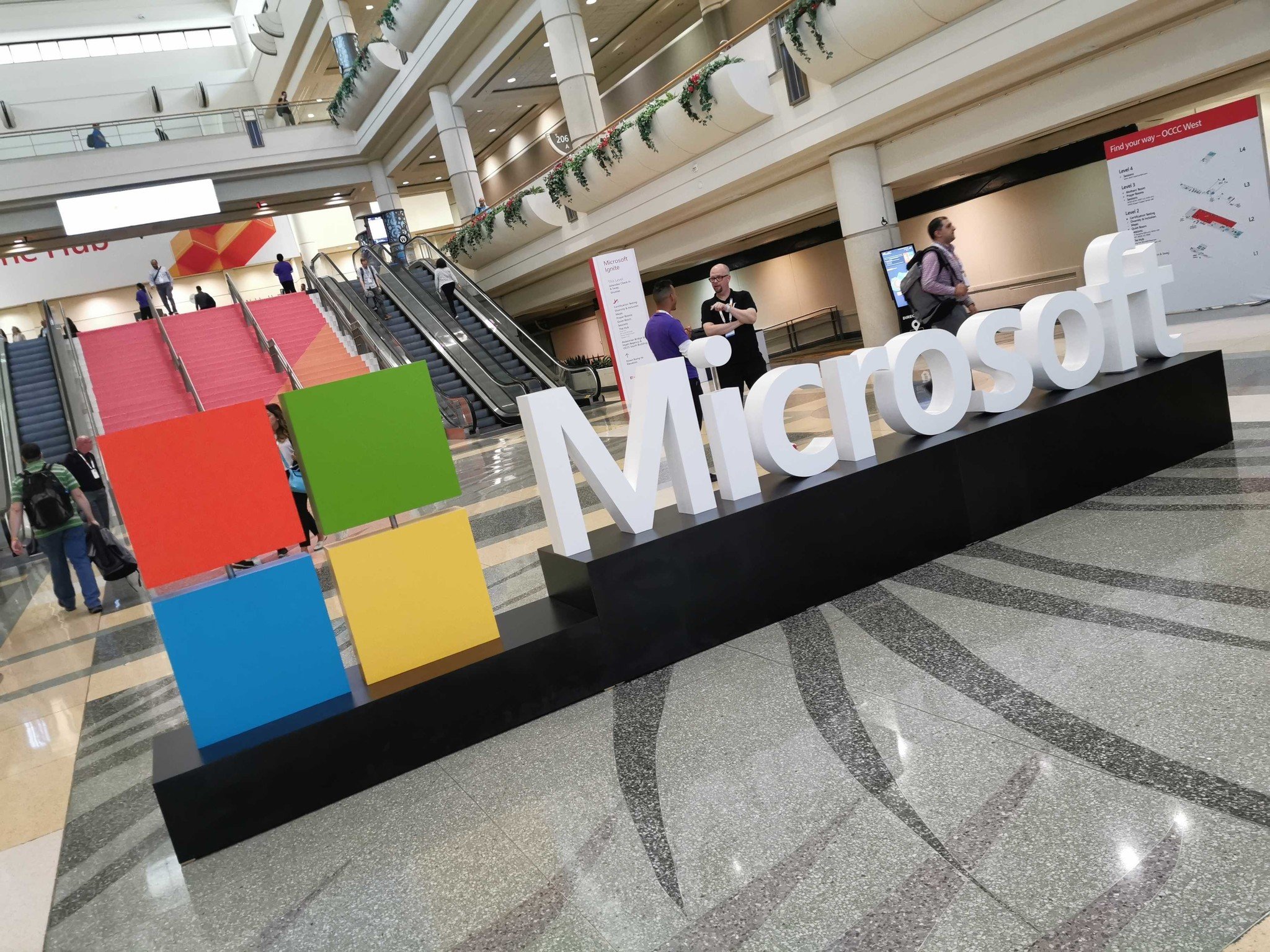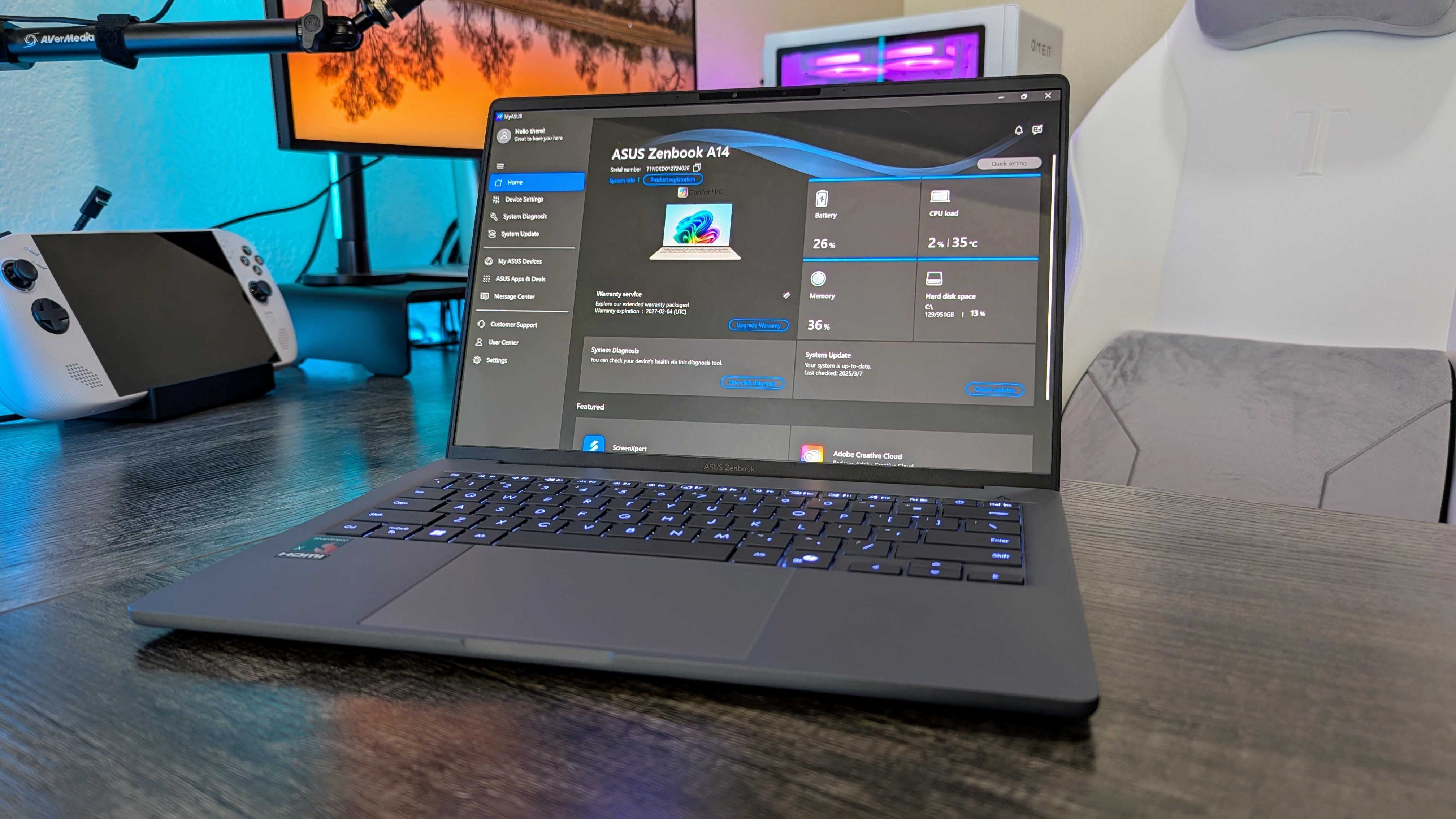Microsoft and Pasqal team up to improve Azure Quantum with neutral atom architecture
Microsoft will work with Pasqal to deliver the next phase of quantum computing.

All the latest news, reviews, and guides for Windows and Xbox diehards.
You are now subscribed
Your newsletter sign-up was successful
What you need to know
- Microsoft will offer cloud-based access to Pasqal's quantum computers through Azure Quantum.
- Pasqal's system will be the first quantum processor to use neutral atom architecture through Azure.
- Using neutral atoms allows the creation of full-stack processors that can scale and deliver high connectivity.
Microsoft and Pasqal announced a new partnership that will improve quantum computing. Microsoft will provide cloud-based access to Pasqal's quantum computers that use neutral atoms. Once the resulting system of the partnership is completed, it will be the first quantum processor to use neutral atom architecture through Azure.
Neutral atoms, which have an equal number of electrons and neutrons, can be used to create full-stack processors that scale well. These types of processors also deliver high connectivity. Pasqal highlights that the tech can run at room temperature while using relatively little energy.
"Azure Quantum is a unified, open cloud ecosystem for quantum innovation, empowering customers to achieve impact with a diverse selection of quantum hardware, software, and solutions," said Distinguished Engineer, VP Quantum Software of Microsoft Dr. Krysta Svore.
"Pasqal's neutral atoms quantum processors are a welcome addition to that ecosystem, providing Azure Quantum users with new computational possibilities, including analog quantum computation, opening up new avenues for pursuing real-world quantum impacts."
Pasqal's goal is to ship a 1000-qubit quantum processor by the end of 2023. A qubit is a unit of quantum information used to calculate the power of quantum computers.
"Running algorithms on Pasqal's neutral-atom hardware opens the door to unique capabilities no other quantum system offers," said CEO and founder of Pasqal Georges-Olivier Reymond.
"With the availability of our system via Azure Quantum, we hope to accelerate the quantum programs of the platform's community of quantum developers and researchers and ultimately help them achieve real-world solutions to the world's most critical challenges."
All the latest news, reviews, and guides for Windows and Xbox diehards.
In a related story, Microsoft recently took a major step toward making a topological qubit. This technology should pave the way for the creation of even more powerful quantum computers.

Sean Endicott is a news writer and apps editor for Windows Central with 11+ years of experience. A Nottingham Trent journalism graduate, Sean has covered the industry’s arc from the Lumia era to the launch of Windows 11 and generative AI. Having started at Thrifter, he uses his expertise in price tracking to help readers find genuine hardware value.
Beyond tech news, Sean is a UK sports media pioneer. In 2017, he became one of the first to stream via smartphone and is an expert in AP Capture systems. A tech-forward coach, he was named 2024 BAFA Youth Coach of the Year. He is focused on using technology—from AI to Clipchamp—to gain a practical edge.
